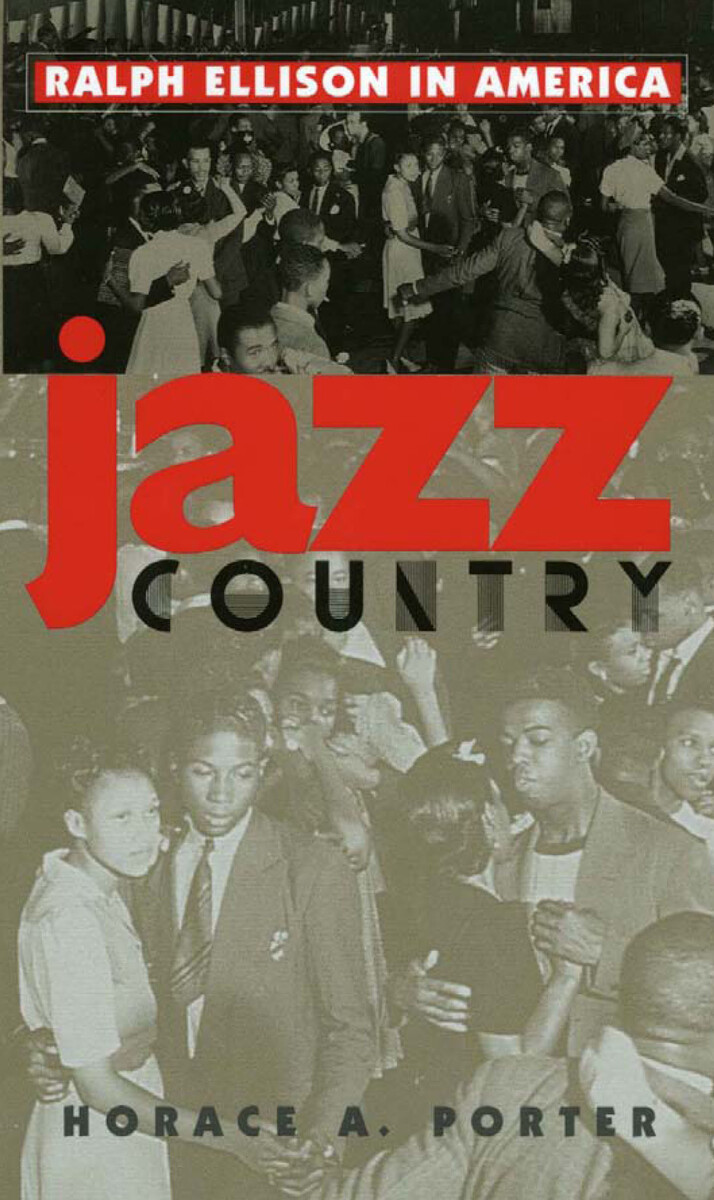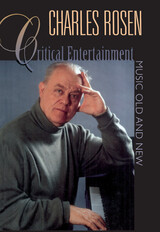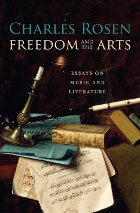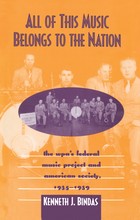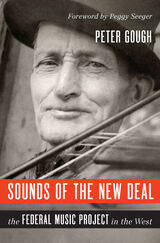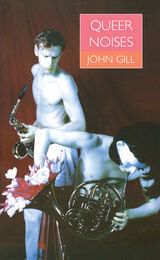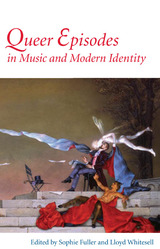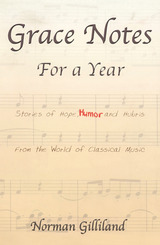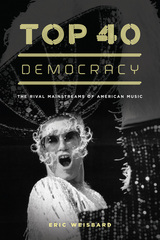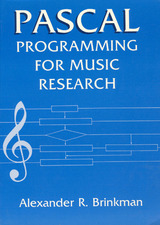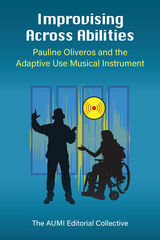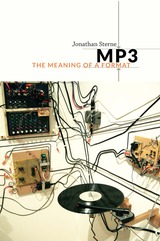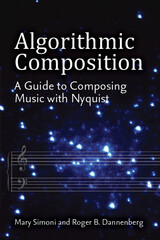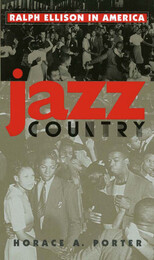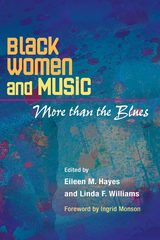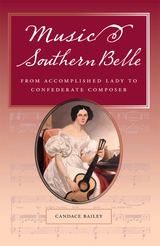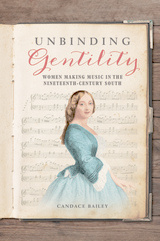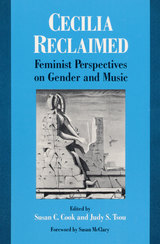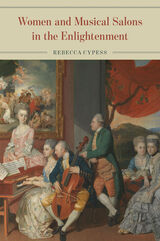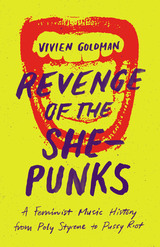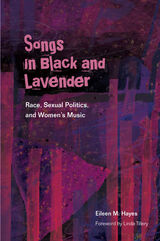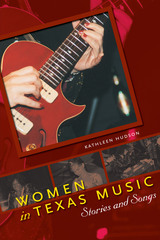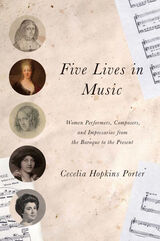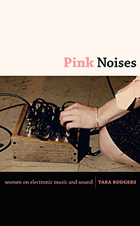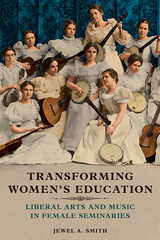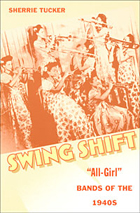Jazz Country: Ralph Ellison in America
University of Iowa Press, 2001
Cloth: 978-0-87745-777-0 | eISBN: 978-1-58729-405-1 | Paper: 978-1-58729-389-4
Library of Congress Classification ML80.E45P67 2001
Dewey Decimal Classification 818.5409
Cloth: 978-0-87745-777-0 | eISBN: 978-1-58729-405-1 | Paper: 978-1-58729-389-4
Library of Congress Classification ML80.E45P67 2001
Dewey Decimal Classification 818.5409
ABOUT THIS BOOK | AUTHOR BIOGRAPHY | REVIEWS | TOC | REQUEST ACCESSIBLE FILE
ABOUT THIS BOOK
Horace Porter is the chair of African American World Studies and professor of English at the University of Iowa. He is the author of Stealing Fire: The Art and Protest of James Baldwin and one of the editors of Call and Response: The Riverside Anthology of the African American Literary Tradition.
The first book to reassess Ralph Ellison after his death and the posthumous publication ofJuneteenth, his second novel, Jazz Country: Ralph Ellison in America explores Ellison's writings and views on American culture through the lens of jazz music.
Horace Porter's groundbreaking study addresses Ellison's jazz background, including his essays and comments about jazz musicians such as Louis Armstrong, Duke Ellington, and Charlie Parker. Porter further examines the influences of Ellington and Armstrong as sources of the writer's personal and artistic inspiration and highlights the significance of Ellison's camaraderie with two African American friends and fellow jazz fans—the writer Albert Murray and the painter Romare Bearden. Most notably, Jazz Country demonstrates how Ellison appropriated jazz techniques in his two novels, Invisible Man and Juneteenth.
Using jazz as the key metaphor, Porter refocuses old interpretations of Ellison by placing jazz in the foreground and by emphasizing, especially as revealed in his essays, the power of Ellison's thought and cultural perception. The self-proclaimed “custodian of American culture,” Ellison offers a vision of “jazz-shaped” America—a world of improvisation, individualism, and infinite possibility.
See other books on: Ellison, Ralph | Jazz | Jazz in literature | Knowledge and learning | Ralph Ellison
See other titles from University of Iowa Press
